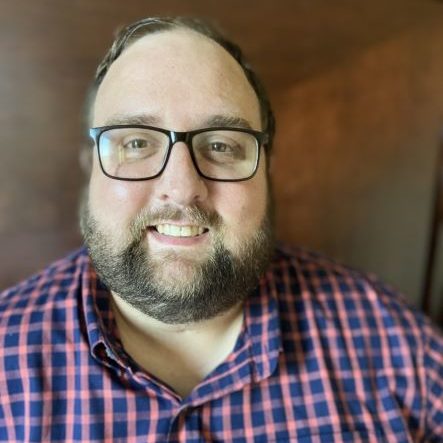I spend a lot of time these days talking to myself. Not literally, but in the sense that the Jesuit writer Gracián Baltasar meant when he wrote that our lives are lived in three stages: in the first, when we are students, in conversation with the dead; in the second, in conversation with the living; and in the third, in conversation with ourselves.
That sounds right to me. Now retired, I am often in dialogue with myself, looking back at 50 years of ministry as a pastor, a bishop and, more recently, a seminary professor. We have a lot to talk about, me and me. The memories spark intense internal query.
Sometimes, I wonder what difference, if any, all those sermons and pastoral relationships and lessons and meetings and other tasks made. As every pastor and teacher knows, preaching and teaching are like shooting arrows into the air, never being sure where they are landing. It’s sowing seeds without seeing the harvest, “casting bread upon the waters.”
Looking back, I am increasingly convinced that the most important and lasting results of ministry are not quantifiable. They have more to do with the slow and imperceptible impact on individuals and communities. Leaving something to grow is the mark of effective ministry, and we seldom see the end results.
Occasionally, however, something happens that confirms the mysterious work of grace in ways of which we have been unaware. Such experiences assure us that there is more at work amid the routines of ministry than our own efforts. One such incident happened to me recently.
My friend Bill has been in prison since 1977, including more than 20 years on death row. Ever since I first visited him in 1982, he has been a part of my family. We have been with him through his legal appeals, new trial and revised sentencing, as well as many personal transitions. He has had minimal legal representation and is now making decisions about health care directives and end-of-life arrangements.
Wanting to help him, I recently offered to contact a lawyer I know in Durham, a former parishioner from many years ago, now a defense attorney experienced in both state and federal court. The lawyer, Scott Holmes, and his family were members of two churches I pastored in the Knoxville, Tenn., area 25 to 35 years ago when he was a very young child. I had reconnected with Scott while teaching at Duke a few years ago, and I knew that he would be the perfect lawyer to help Bill.
Now a Quaker, Scott is deeply committed to restorative justice. He does a lot of pro bono work and defends people who live on the margins, including undocumented immigrants, members of the Occupy movement and people charged with murder. He reads widely and deeply in theology and ethics and is noted for his willingness to challenge injustice and discrimination in the criminal justice system -- quietly, with persistence and courage.
When I met with Scott to tell him about Bill and his situation, he told me that he knew Bill’s story.
How was that possible?
When he was 6 or 7 years old, he said, he heard me talk about visiting a man on death row during a sermon I preached one Sunday. I do remember sharing the experience of visiting Bill with the congregation.
“That story stuck with me all these years and partly accounts for my decision to be a lawyer,” Scott said. “It impressed me that a pastor would visit the prison and be a friend to someone on death row. You may not know it, but you made a lasting influence on my life and vocation as you told stories of being with people on the margins of society.”
By helping Bill, he added, he could now bring the story full circle.
Little did I know that on a routine Sunday morning many years ago a small boy heard a story in a sermon that would affect his life and vocation. I confess, I don’t remember the content of the sermon, but I do remember that it was a low period in my ministry.
My journal entries from that time confirm that I was discouraged and feeling like the time to move on was drawing near. I was growing increasingly disillusioned about trying to do ministry in the suburbs. My repeated calls to a congregation of largely affluent, upwardly mobile young professionals to engage with people on the margins seemed to be falling on deaf ears.
But looking back, I see that seeds were being planted. During that period, the church bought its first passenger van. Soon, someone suggested that we use it once a month to drive inmates’ family members to visit the state prison in Nashville, 175 miles away.
Among the volunteer drivers were Curtis and Margaret Holmes, Scott’s parents. On the long trips back and forth to Nashville, the drivers developed friendships with the family members. I am sure that Scott heard stories from his parents that nurtured the seed sown in that sermon preached by a discouraged pastor.
Yes, pastoral ministry and teaching can seem like casting bread upon the waters. Often the only visible result is soggy bread. But then occasionally someone says, “That sermon you preached” -- or “that visit you made” or “that lecture you gave” -- “made a difference in my life.”
One sign of fruitful ministry is leaving something to grow. Only occasionally do we see the fruit produced from the seeds sown. And we give thanks that more is at work than our own efforts.














